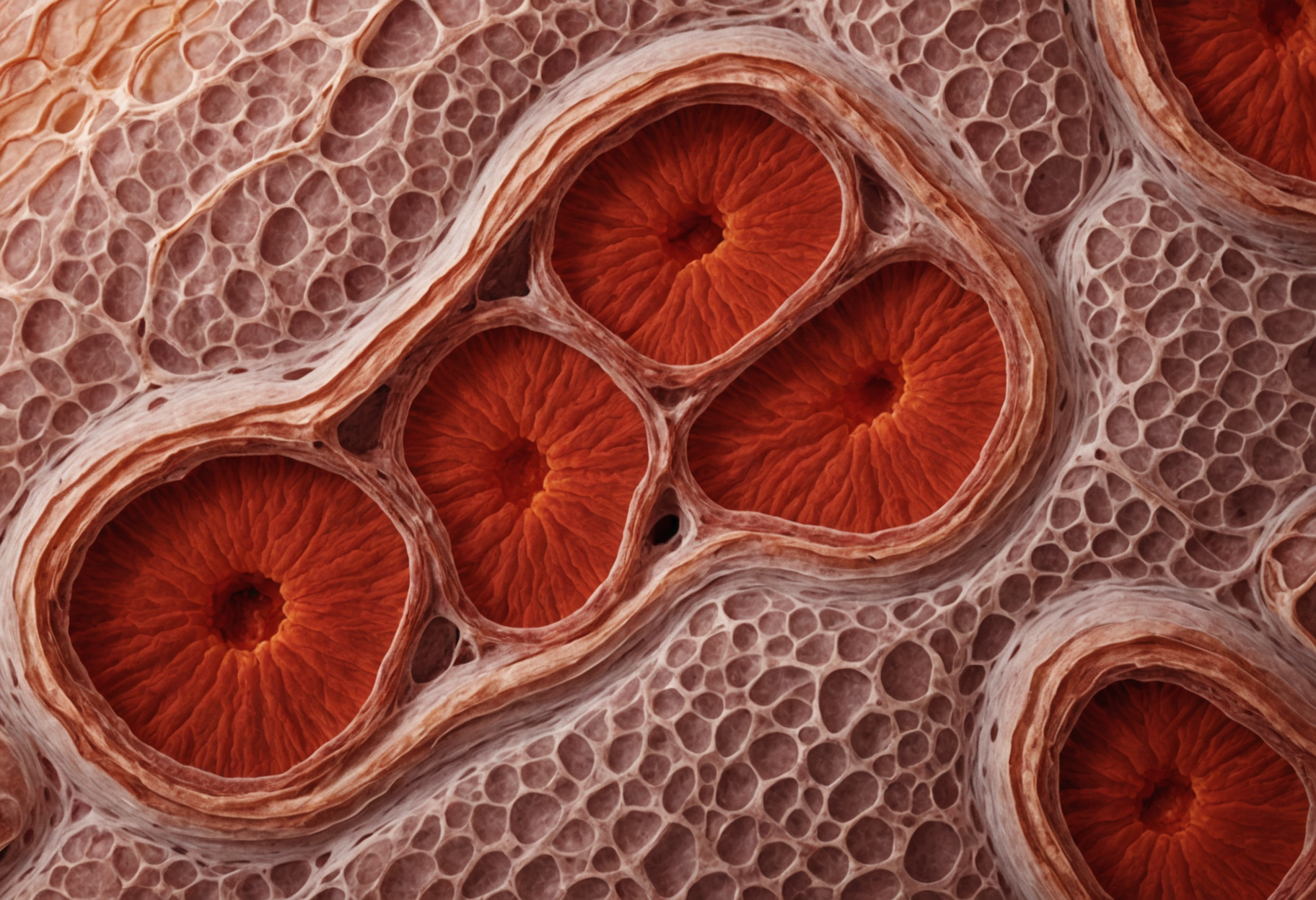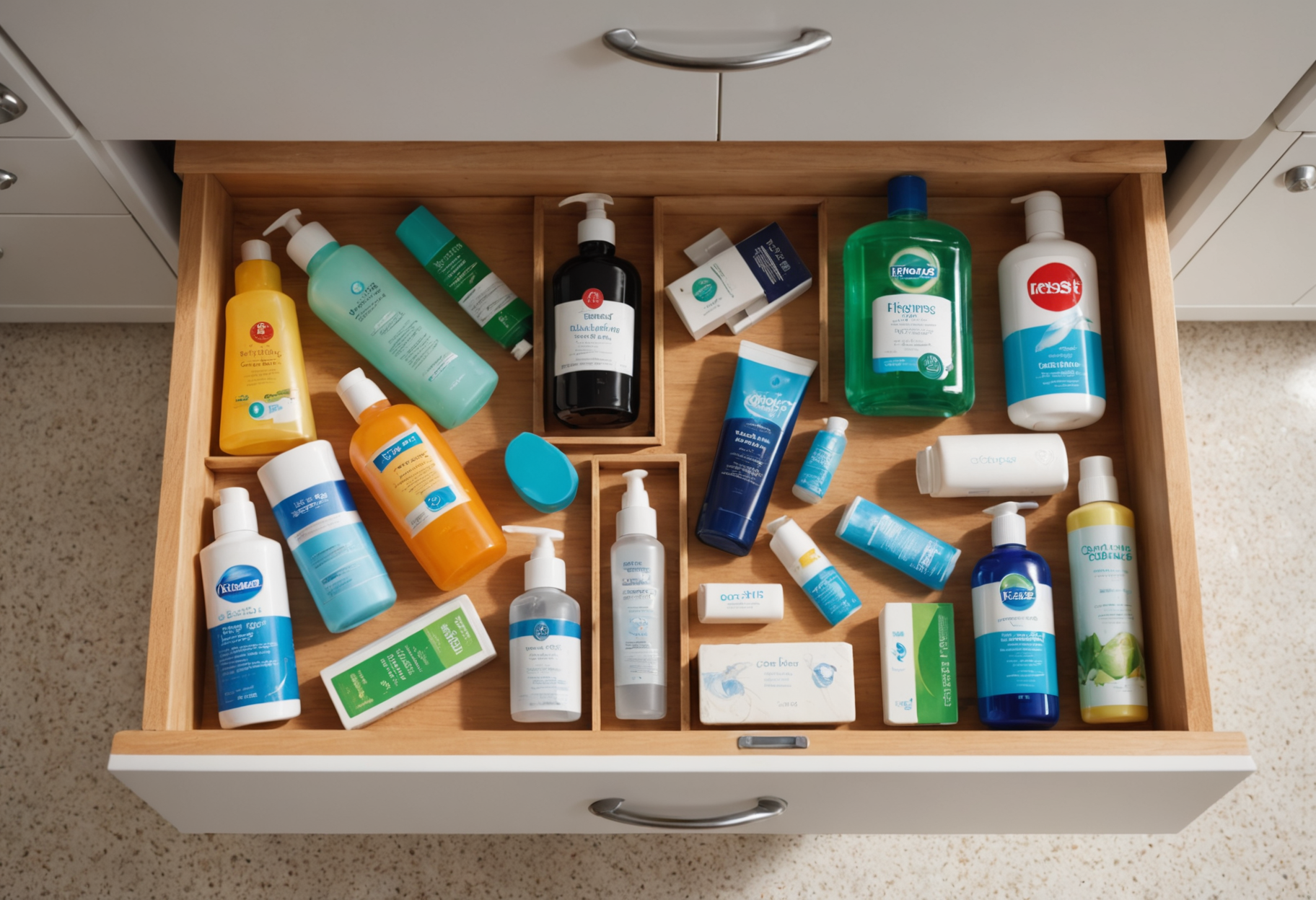Genital psoriasis is a sensitive but manageable condition that affects both physical comfort and emotional well-being. Although it impacts a less visible area, its symptoms can be particularly disruptive to daily life and relationships. In this guide, we’ll explore treatment options, product recommendations, and professional insights to help manage genital psoriasis effectively.
Understanding Genital Psoriasis and Its Impact

Genital psoriasis is a form of inverse psoriasis that typically appears on sensitive skin surfaces such as the groin, inner thighs, or anal region. Unlike plaque psoriasis, these areas may have smooth, red patches with less scaling, making the condition harder to identify.
People with genital psoriasis may experience discomfort such as itching, burning, or pain, especially when skin rubs against skin or clothing. According to the American Academy of Dermatology, nearly 63% of people with psoriasis will experience it in a sensitive area at some point.
The emotional toll can also be significant, affecting intimacy and self-confidence. Recognizing the signs early and understanding how to manage symptoms are essential steps toward improving quality of life.
Common Symptoms and Triggers

Genital psoriasis may present differently than on other parts of the body. It is often red, smooth, and shiny, sometimes accompanied by a burning or stinging sensation. It tends to worsen with friction, sweating, or use of harsh cleansing products.
Common triggers include:
- Stress
- Infections
- Changes in hygiene products or soaps
- Clothing that causes rubbing or sweating
- Sexual activity, due to friction or skin irritation
Understanding your personal triggers can help you manage flare-ups more effectively and seek targeted treatments that address your specific symptoms.
Treatment Options That Can Help

Fortunately, several treatment avenues can help reduce symptoms and flare-ups. Topical treatments are often the first line of defense and may include corticosteroids, vitamin D analogs, or calcineurin inhibitors prescribed by a doctor.
For more persistent cases, systemic treatments such as biologics may be considered, particularly for patients with psoriasis in multiple body areas. According to NIAMS (National Institute of Arthritis and Musculoskeletal and Skin Diseases), these medications work on a cellular level to reduce inflammation and immune response.
Supportive care in the form of gentle products, such as a cream for genital psoriasis or the best soap for genital psoriasis, can also provide daily relief and soothe sensitive skin.
How to Care for Sensitive Skin at Home

Managing genital psoriasis at home includes using mild, fragrance-free hygiene products and avoiding known irritants. Choosing the right soap is critical—a gentle, unscented cleanser can make a real difference.
Here are some home care tips to reduce irritation:
- Wear loose-fitting, breathable clothing
- Shower with warm (not hot) water
- Use a psoriasis-friendly, fragrance-free soap
- Pat the area dry instead of rubbing
- Apply a skin cream or ointment formulated for sensitive skin
Consistency in your routine can lessen flare-ups and maintain comfortable skin health between dermatology visits.
Innovations in Dermatology: New Drug Delivery Systems

There’s growing interest in how newer treatments and technologies can improve care for people with skin conditions. The newer drug delivery system in dermatology includes methods like microneedle patches, nanoemulsions, and targeted topical treatments that provide stronger relief with fewer side effects.
These therapies aim to improve absorption on difficult-to-treat areas like the genitals without causing thinning of the skin. Research published in the National Library of Medicine highlights promising results from lipid-based moisturizers and biologic injections targeted at specific immune triggers.
If traditional treatments haven’t worked for you, asking your dermatologist about these innovative approaches may open new doors for better management.
Living with genital psoriasis can be challenging, but there are useful treatments and skincare strategies available to help you manage symptoms effectively. Whether it's choosing the right topical product, adopting better home care routines, or exploring advanced therapies, small changes can yield meaningful comfort. If you're curious about genital psoriasis care, learning more can help you make an informed decision and talk confidently with your healthcare provider.
